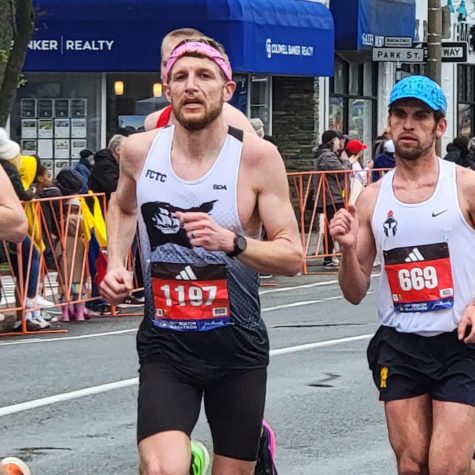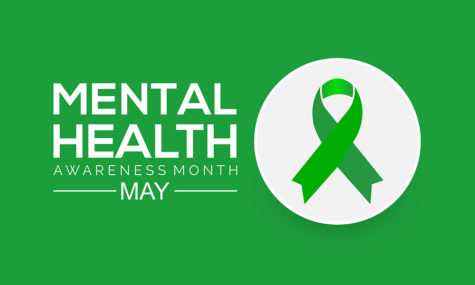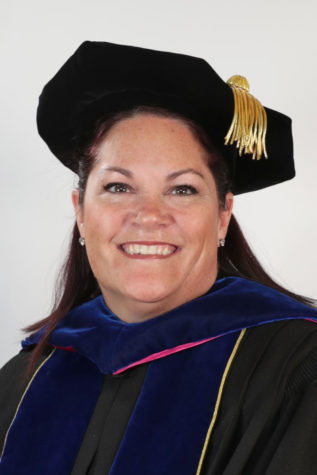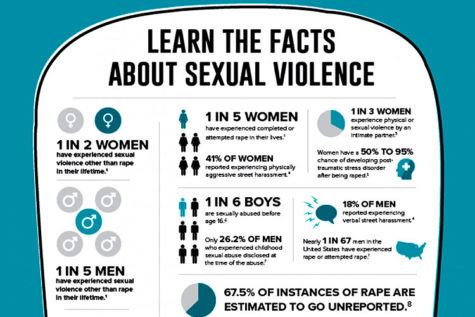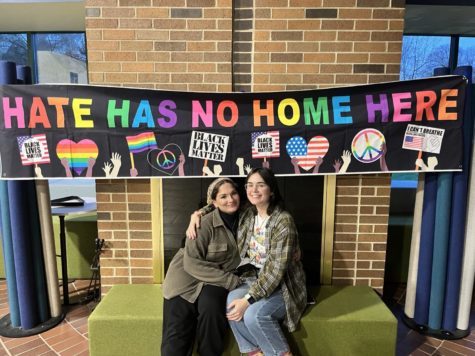In memory of Rwanda: ‘It should never happen again to anyone’
April 10, 2018
Humanity often tries to ignore and deny tragedy, opting instead for denial, burying the wounds until there is little memory left. This has not, however, been the path of a small landlocked country in east-central Africa.
In April, 24 years ago, Rwanda entered a brutal genocide, during which approximately 800,000 Tutsi and moderate Hutu civilians were killed in 100 days. It began on April 6, 1994, when a plane carrying the presidents of Rwanda and Burundi was shot down.
The international community stood by, watching in horror, as the country was torn apart by the extreme violence.
Fabrice Ngabo, junior Finance and Accounting double major, lived through the aftermath of the genocide.
“Well, I was not alive during the genocide, but I learned the tragic stories about my relatives,” said Ngabo. “My dad lost his siblings and parents and so did my mom. Living in the aftermath of the genocide, I learned to cherish every moment as it comes. Violence does nothing but tear a country down, but, as we remember the genocide against the Tutsi, we can all unite over the fact that it should never happen again to anyone, anywhere.”
Ngaboyisonga Igor, ’17, also grew up in post-genocide Rwanda.
“My paternal grandfather was killed during the genocide, along with my grandmother and their eldest son,” said Igor. “His house was burned to the ground. His body was never recovered. It is as if they existed one day, and the next day it was like they never existed at all. Not even a single photograph of my grandfather remains. Sadly, many other Tutsis suffered the same fate, buried in mass graves, and disappeared without a trace.”
Rwanda has recovered substantially, economically and socially, but that progress comes from the commitment of Rwandans to remembering the genocide.
Peace and reconciliation in Rwanda has been a difficult process. Because so many participated in the genocide, it was impossible to incarcerate all of them. As a result, the Gacaca courts were formed, and offered genocide victims and perpetrators alike a chance to meet, voice their grievances and apologies in an open and honest way that allowed healing to begin.
That process of healing continues to this day. April represents a time of mourning for Rwanda, for the extreme loss of life and tragedy that occurred. But it is also a time of celebration and remembrance — to acknowledge the growth since 1994 and to celebrate the lives that were lost. It is only by remembering that Rwandans can continue to heal.
“During this week of mourning, we remember them. We remind history of their existence,” said Igor. “Should we fail to keep their memory alive, the masterminds of their demise would be vindicated. For we would be telling the world that the architects of their disappearance succeeded in removing them from the content of human history.”

